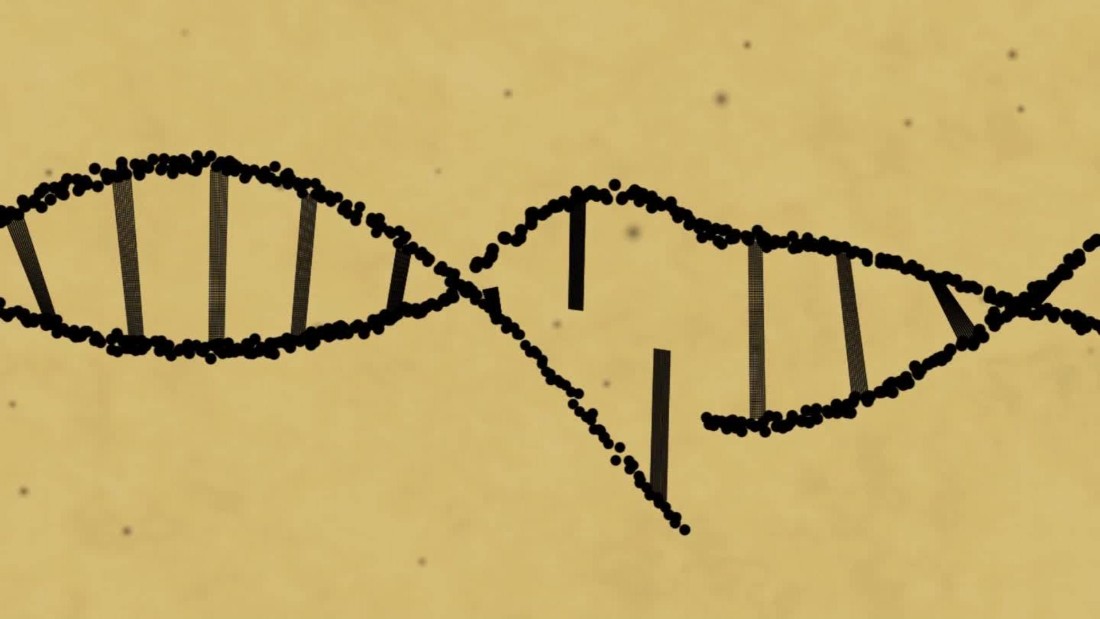Chinese scientists use CRISPR tool on HIV patient for the first time
by globalpro | Sep 14, 2019 | Business |


Beijing (CNN)The 27-year-old client’s potential customers were bleak. In May 2016, he discovered he had AIDS. 2 weeks later on, he was informed he had severe lymphoblastic leukemia.
This included utilizing the gene modifying tool CRISPR-Cas9 to erase a gene referred to as CCR5 from bone marrow stem cells drawn from a donor, prior to transplanting them into the client, Peking University researchers stated in the research study.
“After being modified, the cells– and the blood cells they produce– have the capability to withstand HIV infection,” lead researcher Deng Hongkui informed CNN Friday.
But he does not see this as a problem.”The primary function of the research study was to examine the security and expediency of genetically-edited stem cell transplant for AIDS treatment,” stated Deng. According to Deng, this was a success: the researchers didn’t discover any gene editing-related negative occasions, even if “more long-lasting thorough research studies are required for off-target results and other security evaluations,” Deng stated.
The CCR5 gene anomaly has actually been related to a 21% increased threat of passing away early,
according to a paper released in Nature in June, though it’s uncertain why.
The group that performed the research study
had actually formerly transplanted modified CCR5 human cells into mice, making them resistant to HIV. American researchers have actually performed comparable experiments on people,
with some success , utilizing an older gene modifying tool called zinc finger nuclease.
China has actually invested greatly in gene-editing innovation, making biotech
one the top priorities of its Five-Year Plan revealed in 2016. The main federal government has actually bankrolled research study into a variety of world “firsts,” consisting of the
very first usage of the gene-editing tool CRISPR-Cas9 in human beings in 2016 and the very first reported usage of gene modifying innovation to
customize nonviable human embryos in 2015.
In December 2018, Chinese researcher He Jiankui produced a worldwide outcry after
he revealed he had actually effectively utilized CRISPR-Cas9 to customize the DNA of 2 embryos prior to birth, basically producing the world’s very first genetically customized people.
Deng Hongkui stays a strong follower in CRISPR-Cas9. He believes it might “bring a brand-new dawn” to blood-related illness such as AIDS, sickle anemia, hemophilia and beta thalassemia which, thanks to this brand-new innovation, “the objective of a practical remedy for AIDS is getting better and more detailed.”





Recent Comments